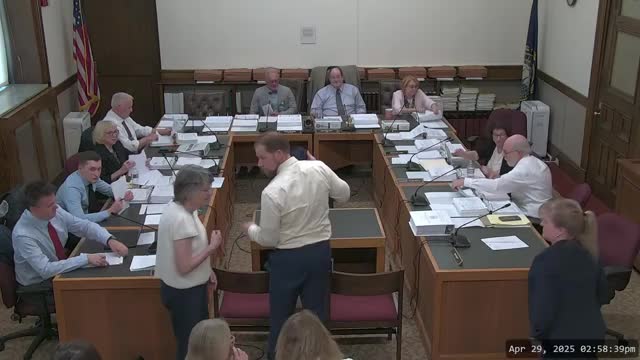Article not found
This article is no longer available. But don't worry—we've gathered other articles that discuss the same topic.
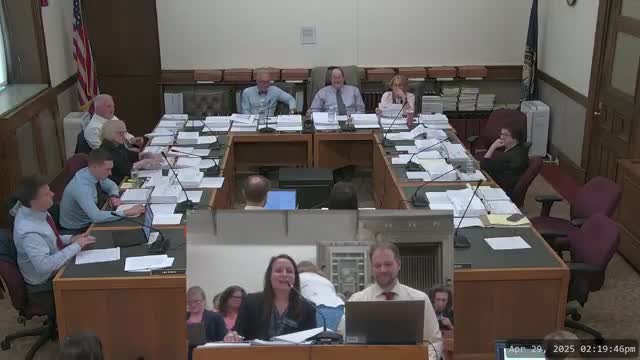
Children, youth services face cuts to residential treatment and support contracts; SYSC staffing and costs remain a committee concern
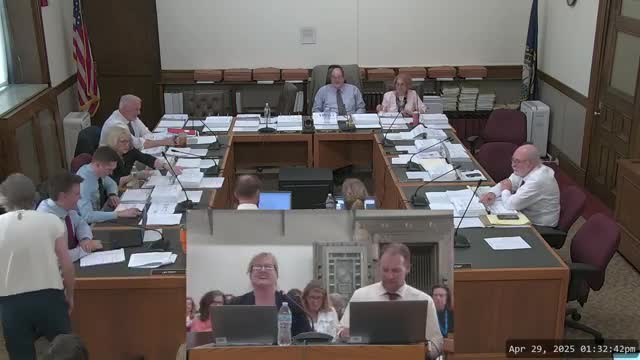
Eligibility staffing cuts and call-center funding threaten benefit processing, DHHS official warns
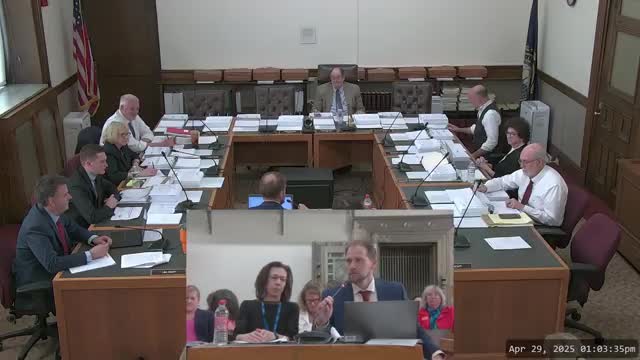
House budget shifts liquor commission funding to opioid trust; behavioral-health leaders warn of service gaps
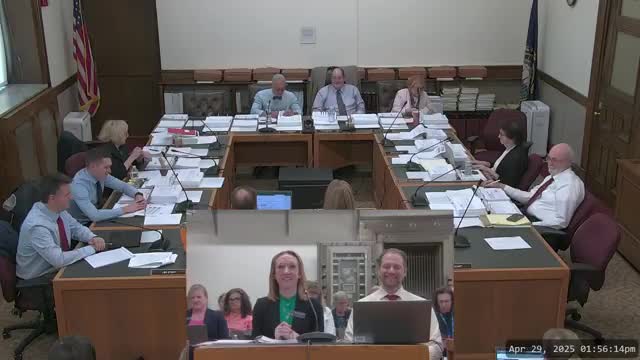
NH long-term supports face cuts: county cap, congregate housing suspension and developmental-services waitlist risks
